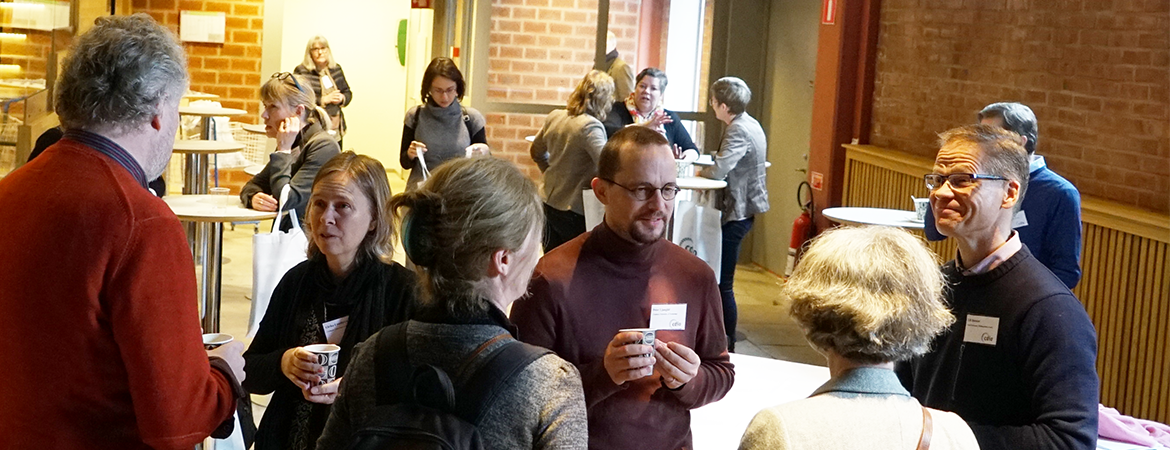An introductory project in parallel with basic studies of mathematics, physics and electronics have been run on the second half of fall semester of electrical engineering degree programme.



Pedagogical skills and qualifications on the agenda at the CDIO meeting in Gothenburg
Today, research achievements are rewarded higher than teaching. Only 12 % of university staff recognise teaching as important in promotion to professorship, according to Dr Ruth Graham. At the CDIO meeting in Gothenburg, pedagogic and professional competence development and promotion at technical universities was discussed.
14th International CDIO Conference in Kanazawa Japan
The conference will be held at Kanazawa Institute of Technology (KIT), from June 28 to July 2, 2018. We are very much looking forward to your participation in this conference.
The meeting will be held at Skolkovo Institute of Science and Technology, 17-19 January 2018. On-line broadcasting on Jan 18!



